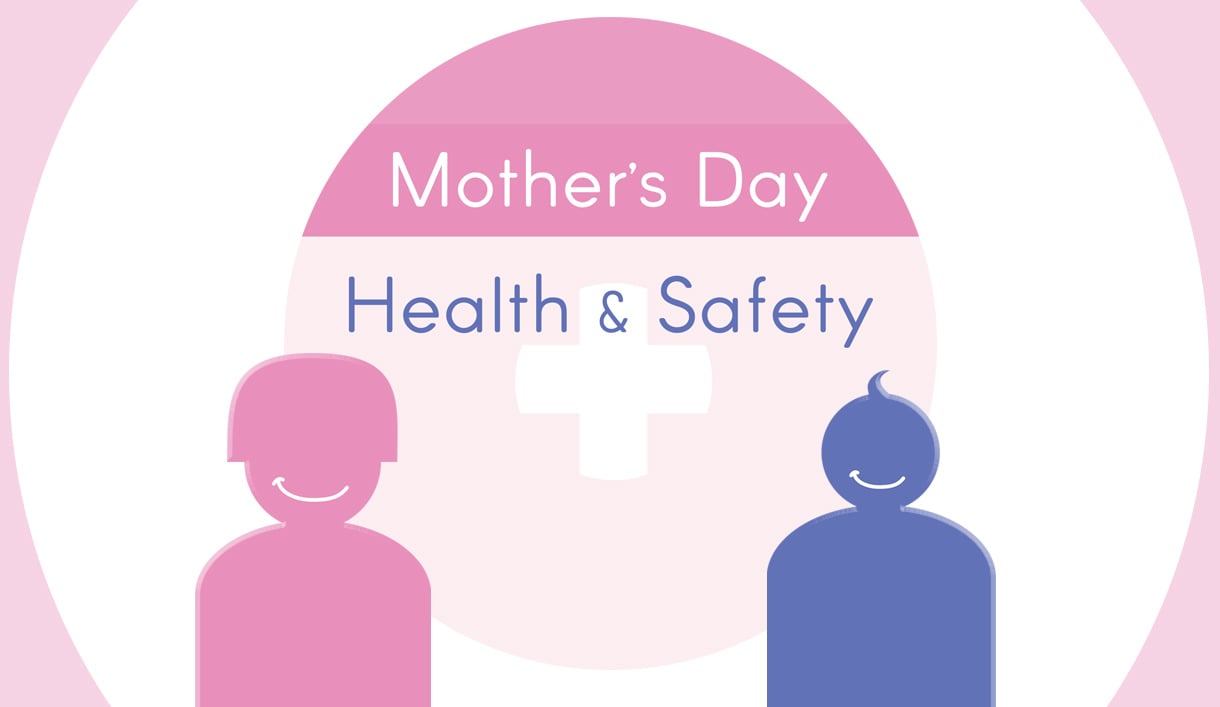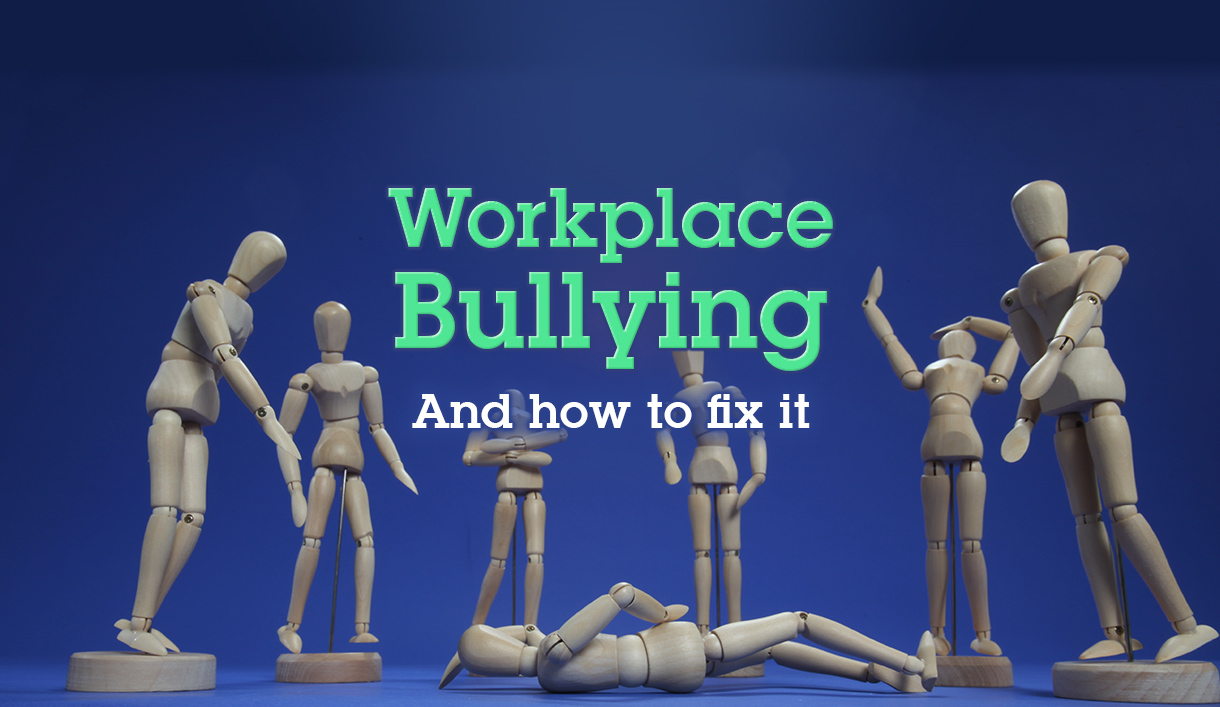Disabled Access Day 2017
Championing Good Accessibility
Today marks the start of Disabled Access Day 2017, a recent event now celebrating its third year.
Extending across the weekend till the 12th of March, the event is supported by the disabled access review website/app Euan’s Guide; encouraging UK wide events championing good accessibility for people with disabilities while providing some food for thought on how access might be made even better in the future.
With this in mind, I thought that SHEilds should help make a contribution to the day by sharing some guidance on what reasonable Health and Safety adjustments employers should make for disabled employees. A celebration of what’s being done right on this front is great, but the real concern should be how these matters are managed on a day-to-day basis all year round and whether needs are being adequately met.
The Equality Act
Under the Equality Act 2010, disabled people are protected from discrimination by employers. A person is disabled if they have a physical or mental impairment which has a substantially adverse and long-term effect on their ability to carry out normal day-to-day activities.
Depending on the job role, the activities could be anything from use of equipment such as keyboard, telephone, carrying out tasks such as driving or moving about to more specialised tasks such as construction and heavy lifting.
A Dangerous Myth
A dangerous myth I would like to immediately address is the mistaken belief that disability exclusively applies to obviously visible impairments. Disability applies to a broad spectrum of injuries and conditions, covering anything from difficulty in moving freely to unseen conditions such as chronic anxiety, depression, poor hearing or sight.
The other related myth I feel is important to highlight and dispel is that consequential adjustments for disabled workers are inevitably expensive, or that Health and Safety alone can be used as justification for refusing them a position. Again, this is a dangerous stereotype with no actual legislation to support it.
No matter what the disability, an employer has a duty to make ‘reasonable adjustments’ to ensure that the employee is not at a disadvantage. Policy and procedure should include these adjustments across all aspects of the organisation and cover the following:
- Recruitment and selection.
- Determining pay, terms and conditions.
- Sickness absence.
- Training and development.
Consult the Employee
In order to establish what reasonable adjustments can be made, it is important to consult the employee concerned to establish what equipment can be provided or adapted. It may be that some of the duties require alteration.
However, areas and responsibilities of the role that are classed as essential can be safeguarded and it may be that the employer is not able to adapt them as much as needed to accommodate the employee.
There is no set procedure that will apply to every disability as each employee is unique and the response to the same health issue will vary from one person to another. Therefore, it is essential that employers take the time to understand the issues faced by each individual.
Reasonable adjustments can be:
- Changes to hours.
- Reduction of hours.
- Working from home.
- Physical aids.
- Alterations to the workplace environment.
- Alternative format of information.
The assessment of ‘reasonable’ should be based upon the size and resources available within the organisation and health and safety implications of any adjustments needed. However, when considering costs, the UK government does have an “Access to Work” scheme providing funds for people who require adjustments that the employer cannot afford.
Effectively managed disabled access is worth celebrating, but if there’s one thing we should take from today and carry over to the rest of the year it’s that adjustments are not so difficult to make.
When everyone’s needs are catered to considerately, everyone wins.
Victoria Hughes









Leave a Reply
Want to join the discussion?Feel free to contribute!